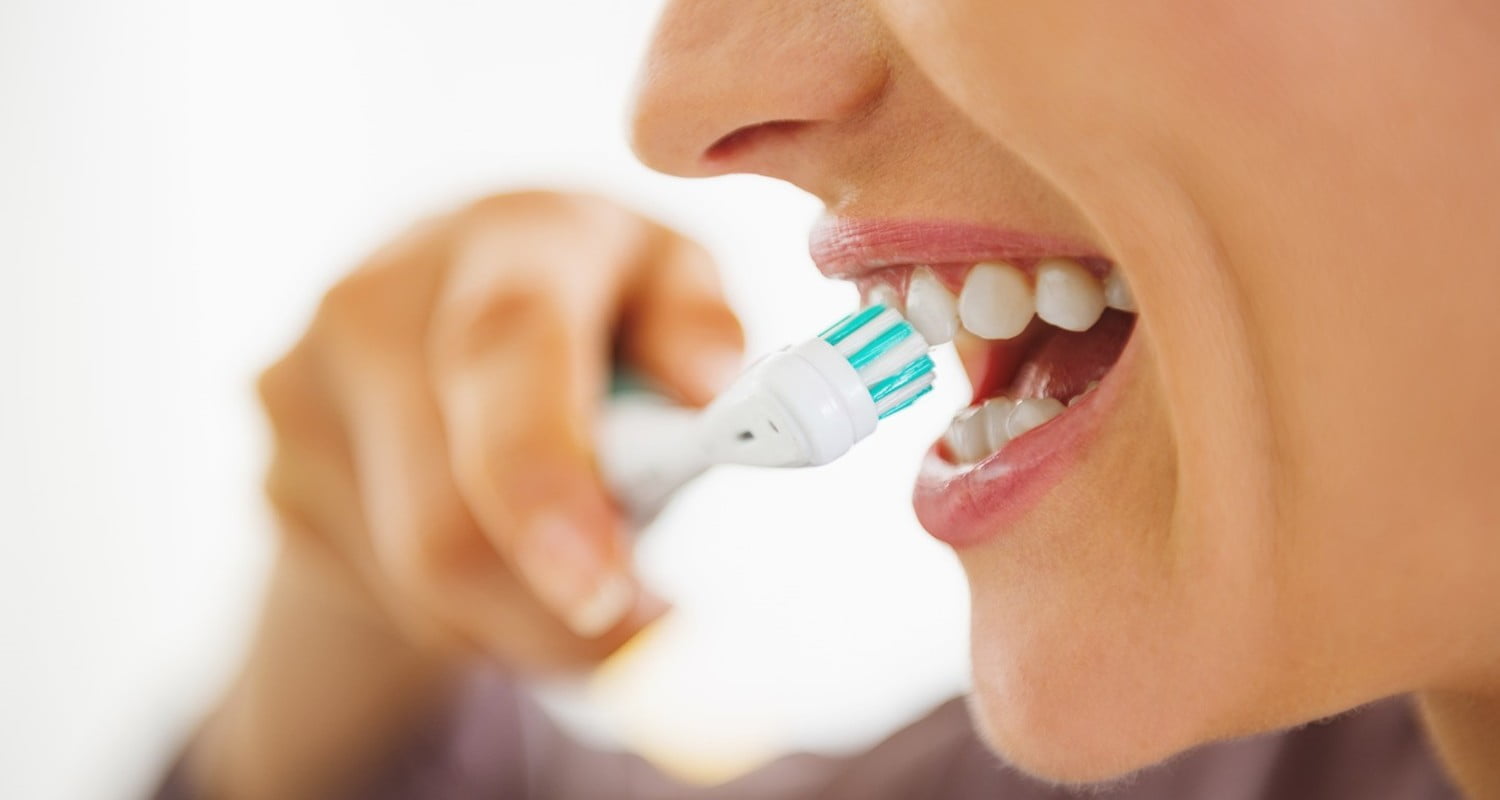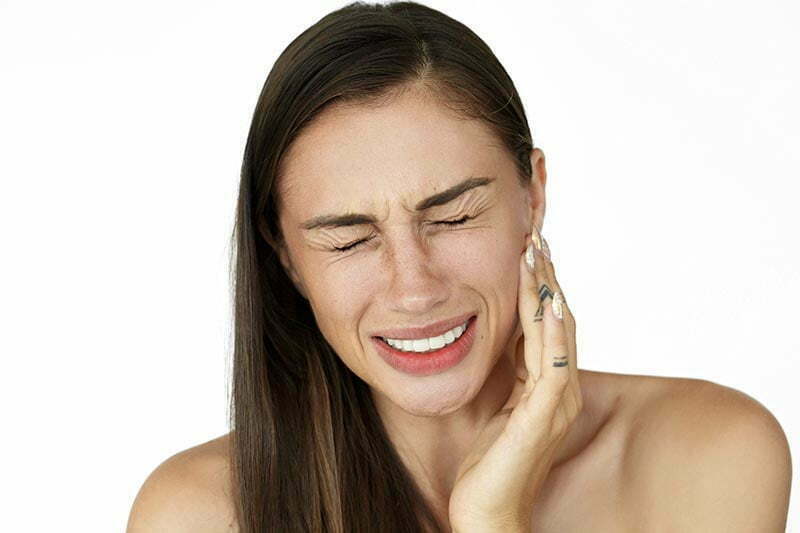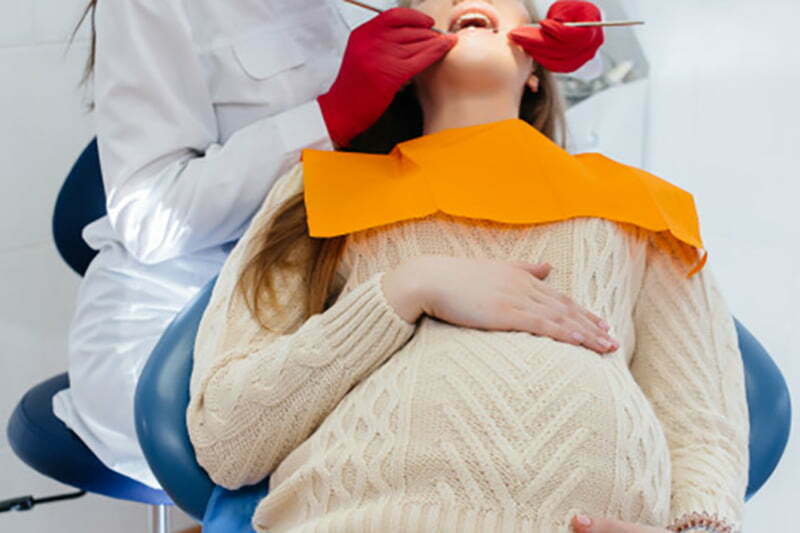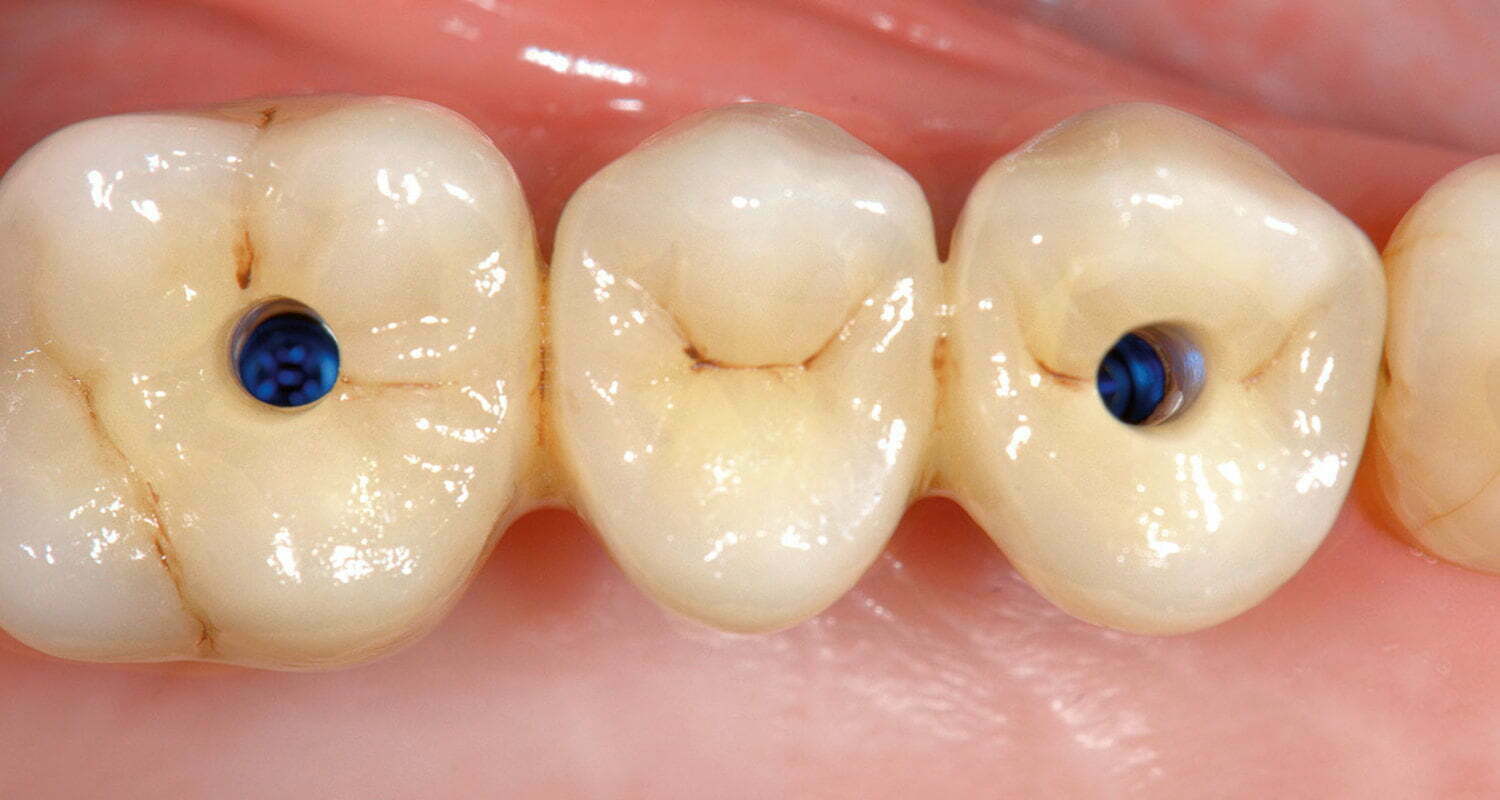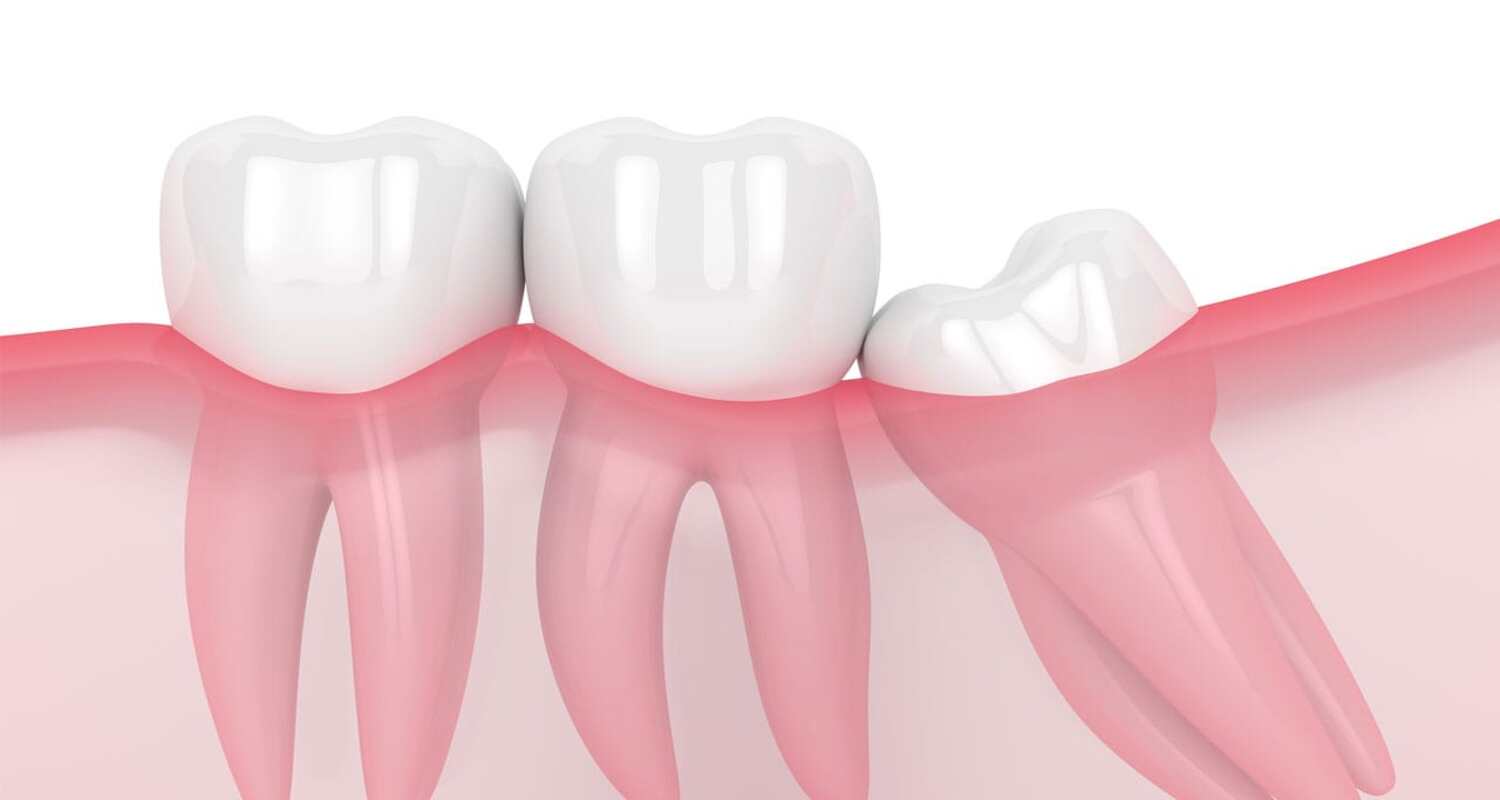Dry Mouth

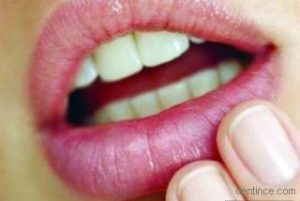 This problem may cause more serious problems as well as disturbance of the person or indicate the existence of a serious disease. The saliva keeps the mouth wet and also has some other functions. Saliva helps digest nutrients, protects teeth from decay, controls bacteria in the mouth to prevent infection, and facilitates chewing and swallowing. What are the causes of dry mouth? 1) A decrease in the amount and quality of saliva is formed as a result of the progression of age. 2) In systemic diseases such as diabetes, Sjogren syndrome, Parkinson's disease, AIDS 3) After radiotherapy 4) Drugs such as antidepressants, decongestants, etc. 5) Excessive alcohol and caffeine consumption. How can I understand dry mouth? 1) Sense of adhesion and dryness in the mouth 2) Difficulty of swallowing and burning in tongue 4) Dry throat, cracking in lips 5) Difficulty in using prostheses, if any 6) Difficulty eating dry foods in particular 7) Reduced taste or metal taste in mouth 8) Frequent aphtous ulcer 9) Bad breath odor 10) Chewing/speech difficulty How is the dry mouth treated? The only permanent way to treat dry mouth is to treat its cause. You can moisturize your mouth with artificial saliva prescribed by your doctor, until the reason for your dry mouth is eliminated or not eliminated. In addition to these: - Drink water frequently - Chew sugar-free gum - Avoid caffeinated drinks such as coffee or tea that can cause dry mouth. - Avoid alcohol and tobacco use - Remember that spicy or salty foods can cause dry mouth pain. - Vitamins C can be used - Use moisturizer at night. - The area can be moisturized - Pay attention to oral hygiene. Remember that saliva has a cleansing effect in the mouth, and it is more difficult to protect your oral and dental health in the absence of saliva.
This problem may cause more serious problems as well as disturbance of the person or indicate the existence of a serious disease. The saliva keeps the mouth wet and also has some other functions. Saliva helps digest nutrients, protects teeth from decay, controls bacteria in the mouth to prevent infection, and facilitates chewing and swallowing. What are the causes of dry mouth? 1) A decrease in the amount and quality of saliva is formed as a result of the progression of age. 2) In systemic diseases such as diabetes, Sjogren syndrome, Parkinson's disease, AIDS 3) After radiotherapy 4) Drugs such as antidepressants, decongestants, etc. 5) Excessive alcohol and caffeine consumption. How can I understand dry mouth? 1) Sense of adhesion and dryness in the mouth 2) Difficulty of swallowing and burning in tongue 4) Dry throat, cracking in lips 5) Difficulty in using prostheses, if any 6) Difficulty eating dry foods in particular 7) Reduced taste or metal taste in mouth 8) Frequent aphtous ulcer 9) Bad breath odor 10) Chewing/speech difficulty How is the dry mouth treated? The only permanent way to treat dry mouth is to treat its cause. You can moisturize your mouth with artificial saliva prescribed by your doctor, until the reason for your dry mouth is eliminated or not eliminated. In addition to these: - Drink water frequently - Chew sugar-free gum - Avoid caffeinated drinks such as coffee or tea that can cause dry mouth. - Avoid alcohol and tobacco use - Remember that spicy or salty foods can cause dry mouth pain. - Vitamins C can be used - Use moisturizer at night. - The area can be moisturized - Pay attention to oral hygiene. Remember that saliva has a cleansing effect in the mouth, and it is more difficult to protect your oral and dental health in the absence of saliva. 


